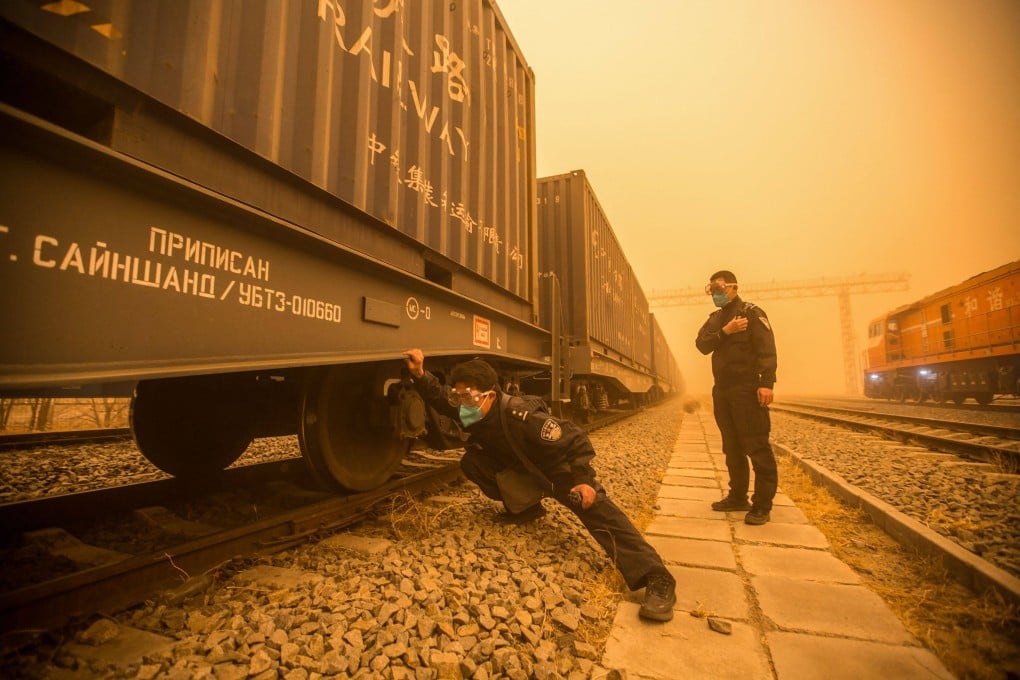Advertisement
Opinion | ‘Like a divorce’: Mongolia, landlocked between Russia and China, fears new Cold War
- Ukraine war highlights to Mongolia just how carefully it must now navigate its foreign, trade policies to remain independent
- Since 2000, Mongolia has embraced the policy concept of ‘balance-of-power’ to reduce the country’s reliance on any one nation
Reading Time:4 minutes
Why you can trust SCMP
1

Mongolia’s Prime Minister Luvsannamsrain Oyun-Erdene recently expressed his country’s fear that the world is heading towards a new Cold War as relations between Russia and China and the West – particularly Nato – have taken a turn for the worse.
Advertisement
“It’s like a divorce,” he said. “When the parents divorce, the children are the ones who get hurt the most.”
The country sits landlocked between Russia and China, and is fearful of antagonising either country. It gets much of its electricity from Russia, and China buys much of its exports, mainly agricultural goods and minerals such as copper.

By pursuing a nimble foreign and trade policy since it transitioned to a multiparty democracy in the early 1990s, Mongolia has established a stable economy, receiving a thumbs up from the World Bank in its latest country report.
“With vast agricultural, livestock and mineral resources, and an educated population, Mongolia’s development prospects look promising in the long-term assuming the continuation of structural reforms,” the report said.
But the war in Ukraine has brought home to Mongolia just how carefully it must now navigate its foreign and trade policies to remain independent.
Smooth transition to democracy
From 1921 to 1990, Mongolia was effectively part of the Soviet bloc. Although not part of the Soviet Union, Mongolia’s centralised command economy was almost entirely dependent on Moscow for survival.

Advertisement
